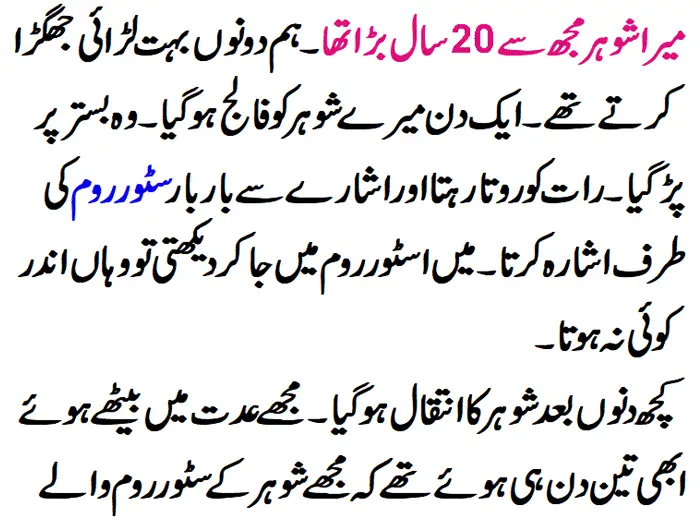
When it comes to managing diabetes, the HbA1c test is crucial. It helps track blood sugar control over time, which is important for patients and doctors to create the right treatment plans. This article explains what the HbA1c test is, what normal levels are, and ways to naturally control blood sugar.
What is the HbA1c Test?
The HbA1c test, also known as glycated hemoglobin test, reflects average blood sugar levels over the past two to three months. It measures the percentage of hemoglobin—the protein in red blood cells—that is coated with sugar (glycated). As blood sugar levels rise, more hemoglobin becomes glycated, providing a reliable indicator of long-term glucose control.
This test is crucial for individuals with diabetes, as it helps assess the effectiveness of their management strategies. It’s typically recommended that people with diabetes undergo the HbA1c test at least twice a year, though frequency may vary based on individual health status and treatment plan.
Normal Range of HbA1c Test:
The American Diabetes Association (ADA) recommends aiming for an HbA1c level below 7% for most adults with diabetes. However, individual targets may vary depending on factors such as age, presence of complications, and overall health status. Here’s a general guideline:
- Normal: Below 5.7%
- Prediabetes: Between 5.7% and 6.4%
- Diabetes: 6.5% or higher
Maintaining HbA1c levels within the target range reduces the risk of diabetes-related complications such as heart disease, kidney damage, nerve damage, and vision problems.
How to Control Blood Sugar Levels Naturally:
While medications play a crucial role in managing diabetes, adopting healthy lifestyle habits can significantly impact blood sugar control. Here are some natural methods to help regulate blood sugar levels:
Healthy Diet: Opt for a balanced diet rich in fiber, lean proteins, whole grains, fruits, and vegetables. Limit intake of processed foods, sugary snacks, and beverages high in added sugars.
Regular Exercise: Engage in moderate aerobic activities such as brisk walking, swimming, or cycling for at least 150 minutes per week. Exercise helps improve insulin sensitivity, allowing cells to better utilize glucose for energy.
Weight Management: Maintain a healthy weight through a combination of dietary modifications and regular physical activity. Shedding excess pounds can enhance insulin sensitivity and lower blood sugar levels.
Stress Management: Chronic stress can elevate blood sugar levels by triggering the release of stress hormones like cortisol. Practice relaxation techniques such as deep breathing, meditation, yoga, or tai chi to combat stress and promote overall well-being.
Sleep: Prioritize quality sleep to support optimal blood sugar regulation. Aim for 7-8 hours of uninterrupted sleep each night, as inadequate sleep can disrupt hormone levels and increase insulin resistance.
Hydration: Stay hydrated by drinking plenty of water throughout the day. Limit consumption of sugary beverages and alcohol, as they can spike blood sugar levels.
Regular Monitoring: Monitor blood sugar levels regularly using a glucose meter as directed by your healthcare provider. Tracking fluctuations enables timely adjustments to your treatment plan and helps identify trends over time.
Quit Smoking: Smoking exacerbates diabetes complications and increases the risk of cardiovascular disease. Seek support and resources to quit smoking and improve your overall health.
The HbA1c test serves as a valuable tool in diabetes management, providing insights into long-term blood sugar control. By maintaining HbA1c levels within the target range through a combination of medication adherence, healthy lifestyle habits, and regular monitoring, individuals with diabetes can reduce the risk of complications and lead fulfilling lives.
FAQs about HbA1c Test and Blood Sugar Control:
1. Can medicine affect HbA1c test results?
Answer: Yes, some medicines can change HbA1c levels, making the test results not accurate. For example, taking lots of vitamin C or E pills might make HbA1c levels look lower than they are. However, some medicines like steroids and certain ones for mental health can make HbA1c levels seem higher. It’s important to tell your doctor about all the medicines you take so they can understand your HbA1c results correctly.
2. Does the HbA1c test show if my blood sugar goes up and down a lot every day?
Answer: No, the HbA1c test tells us about average blood sugar levels over a few months, but it doesn’t show if your blood sugar goes up and down during the day. Some people have big changes in blood sugar every day even if their HbA1c levels seem okay. To understand these daily changes, doctors might suggest checking blood sugar more often at home or using a special device to watch it all the time.
3. Can vitamins or other stuff I take help control my blood sugar?
Answer: Some vitamins and other things like chromium or magnesium might help a bit with blood sugar control, but we’re not sure yet. It’s best to talk to your doctor before adding new things to your routine, especially if you take other medicines. They can tell you if it’s safe and if it might help.
4. Does drinking alcohol affect my blood sugar and HbA1c levels?
Answer: Alcohol can change blood sugar levels in different ways. Having a little might lower your blood sugar at first, but too much can make it go too high because alcohol has lots of sugar in it. Also, drinking too much can mess up how your liver works, which can affect your blood sugar and HbA1c levels. It’s important to be careful and not drink too much if you have diabetes.
5. Can do things to relax help with my HbA1c levels?
Answer: Stress doesn’t directly change HbA1c levels, but it can make you do things like eat too much or not exercise, which can make your blood sugar go up. Doing things to relax, like meditating or deep breathing, might help you manage stress better. This could lead to better control of your blood sugar over time.
Using natural ways to control blood sugar levels is good for both your health and your diabetes treatment. When you make smart choices and take care of yourself, you can better manage your diabetes and feel better overall. Don’t forget to talk to your doctor for personalized advice and support on your path to better health.






